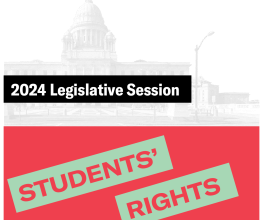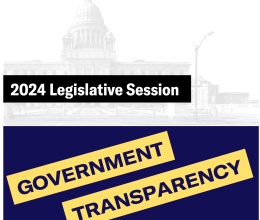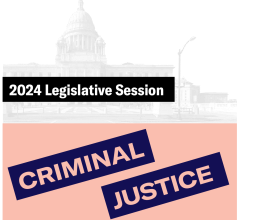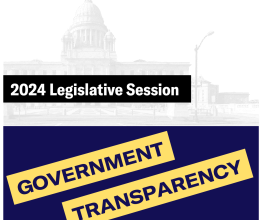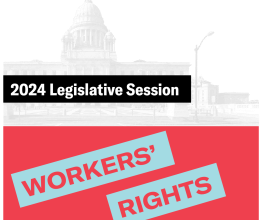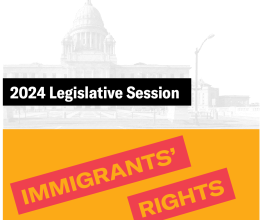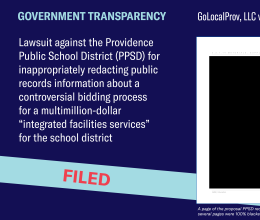The Rhode Island ACLU has filed a motion in R.I. Superior Court, asking that the state be held in contempt or subject to a restraining order for ignoring the dictates of a September 15th court ruling addressing the legality of Governor Donald Carcieri’s controversial “immigration executive order” requiring all vendors and contractors with the state to participate in the federal employment authorization system known as E-Verify.
The court had found that the state likely violated the Administrative Procedures Act (APA) by implementing the E-Verify mandate without providing the public any advance opportunity to comment on any regulations governing its implementation. The court directed the state to promulgate rules in accordance with the APA. However, the ACLU was recently advised that, although the state had commenced the rule-making process, it had also adopted “emergency” regulations for the program, to take effect immediately, thus circumventing the advance notice and comment mandate.
The APA allows for the adoption of emergency regulations, but only if necessary to address an “imminent peril to the public health, safety or welfare.” In attempting to justify filing the rules on an emergency basis, the state cited the July courthouse raids, which resulted in the detention of 32 janitors alleged to be illegally in the country, and the state’s high unemployment rate. The ACLU’s brief, filed by volunteer attorney Randy Olen, calls those justifications “specious,” and further notes that it has been seven months since the executive order was first issued and three months since the raids took place. The brief claims that the state is seeking to “reward itself for violating the APA” by suddenly claiming an emergency.
The brief asks the court to find the state in contempt or to issue a temporary restraining order to halt implementation of the emergency regulations. A hearing on the motion is scheduled for Wednesday.
ACLU attorney Olen said today: “The APA allows for the immediate adoption of a temporary regulation only in exceptional cases involving a true emergency. The state’s attempt to justify the use of this extraordinary provision on the basis of the discovery of a handful of individuals cleaning offices without formal work authorization is nothing short of outrageous and a brazen misuse of authority. This transparent attempt to again circumvent the requirements of the APA is itself unlawful, and the Defendants should not be allowed to benefit from it.”

